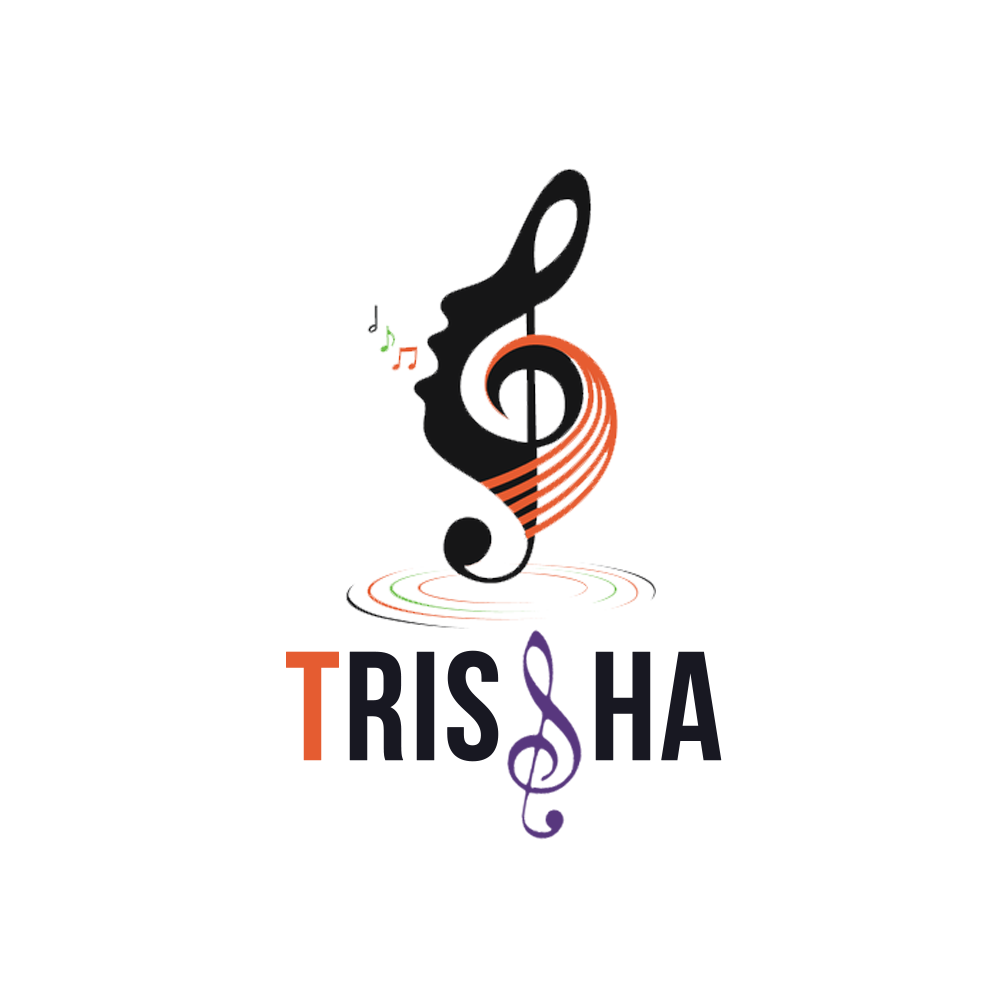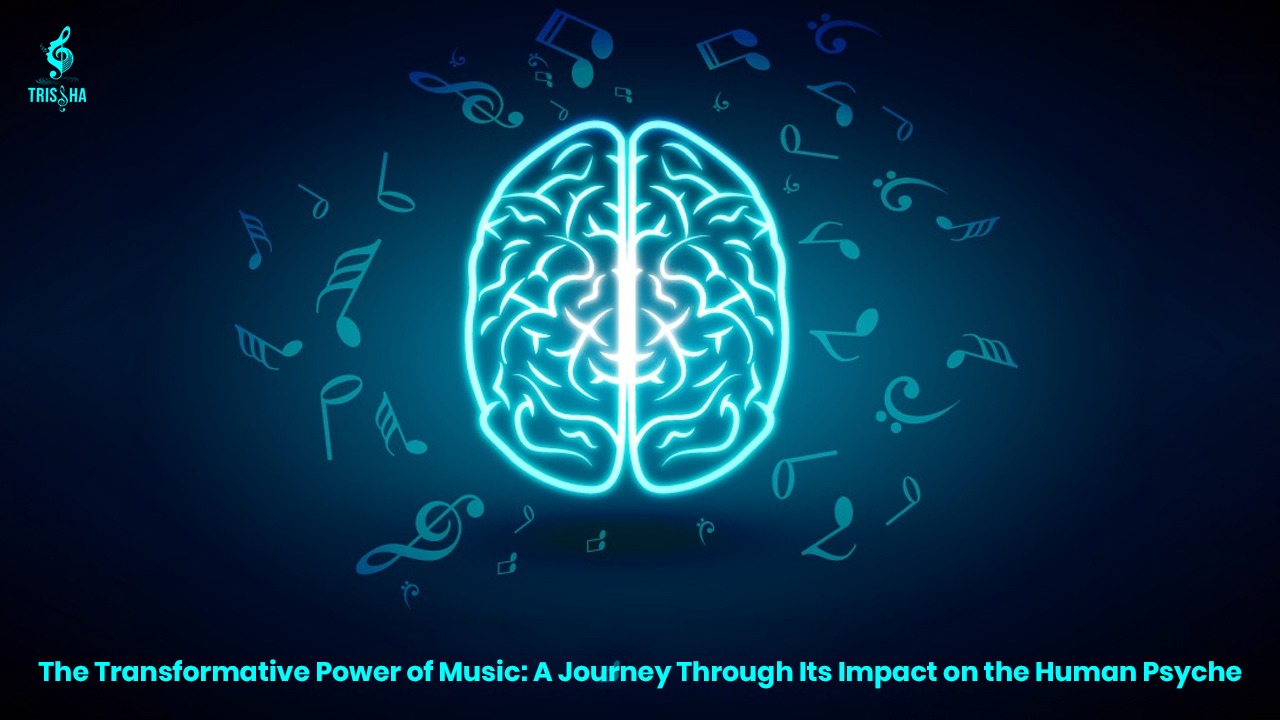The Transformative Power of Music: A Journey Through Its Impact on the Human Psyche
Music has long been recognized as a potent force that can deeply influence the human psyche. From ancient civilizations to modern times, its therapeutic effects have been harnessed to heal, uplift, and transform individuals across cultures and societies.
Ancient civilizations, including the Egyptians, Greeks, and Chinese, recognized the therapeutic properties of music. In ancient Egypt, music was used in healing rituals, where specific melodies and rhythms were believed to restore harmony to the body and soul. The Greeks also understood the power of music, with figures like Pythagoras exploring the mathematical and harmonic principles underlying its effects on the psyche.
The use of music in therapeutic settings gained prominence during the Renaissance period, as scholars and physicians began to explore its potential to treat various mental and physical ailments. In the 17th century, Robert Burton, an English scholar, wrote about the therapeutic benefits of music in his work “The Anatomy of Melancholy,” advocating for its use in the treatment of depression and anxiety.
During the 20th century, the field of music therapy emerged as a formal discipline, with practitioners using music to address a wide range of psychological and emotional issues. One of the pioneers of modern music therapy was Willem van de Wall, a Dutch musician and educator who developed techniques for using music to rehabilitate soldiers suffering from trauma during World War II.
In the mid-20th century, the work of music therapists like Dr. Ira Altshuler and Dr. Helen Bonny further advanced the understanding of music’s therapeutic potential. Altshuler used music to help patients with schizophrenia communicate and express themselves, while Bonny developed guided imagery and music (GIM) therapy, a technique that combines music listening with verbal processing to facilitate personal growth and insight.
Today, music therapy is recognized as a valuable adjunct to conventional medical and psychological treatment. Research has shown that music can reduce stress, alleviate pain, and improve mood in individuals with various conditions, including depression, anxiety, and chronic pain. In clinical settings, music therapists work with clients to create personalized playlists, engage in improvisational music-making, and explore the emotional and symbolic meanings of musical experiences.
The therapeutic effects of music are believed to stem from its ability to engage multiple brain regions involved in emotion, memory, and reward. Listening to music can trigger the release of neurotransmitters such as dopamine and serotonin, which are associated with feelings of pleasure and well-being. Additionally, engaging in music-making activities like singing or playing an instrument can promote relaxation, self-expression, and social connection.
Beyond its clinical applications, music continues to play a profound role in human culture and society. It has the power to evoke memories, evoke emotions, and bring people together in shared experiences. Whether it’s the rhythmic beats of a drum circle, the soulful melodies of a choir, or the cathartic release of a rock concert, music has the capacity to uplift the spirit and nourish the soul.
In conclusion, the impact of music on the human psyche is profound and multifaceted. From ancient rituals to modern therapy sessions, its transformative power has been recognized and harnessed by cultures around the world. As we continue to explore the therapeutic potential of music, we deepen our understanding of its ability to heal, inspire, and enrich our lives.







There are no comments